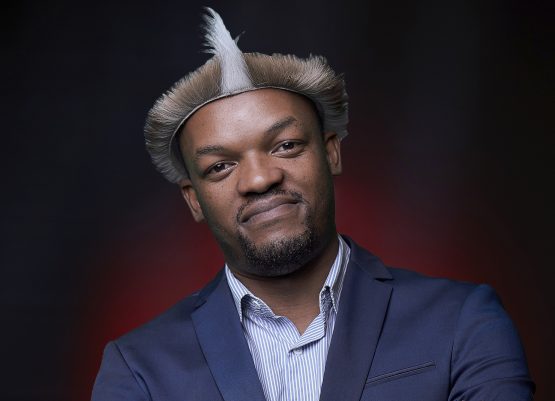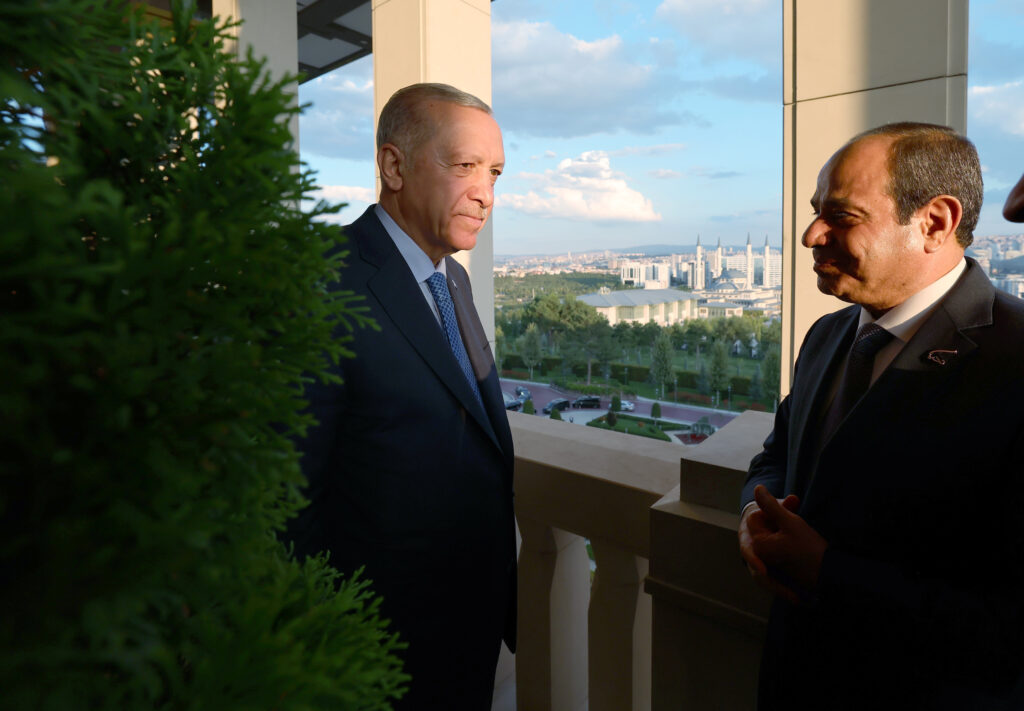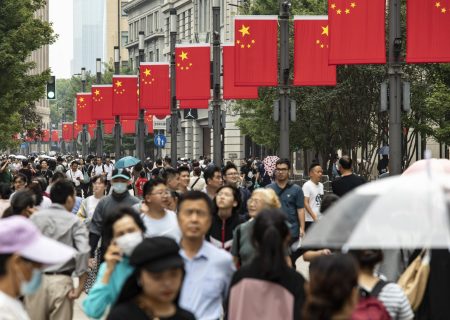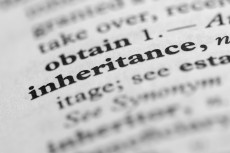For many sceptics, the stability of the government of national unity (GNU) so far has been surprising.
Its formation in the aftermath of the stalemate in the May election turned out to be an exercise in compromise and pragmatism that President Cyril Ramaphosa determined would present the best course of action for the nation.
Read: ANC benefits from too many ‘kingmakers’ with big egos in SA
The decision to issue an open invitation to all political parties that earned seats to join the party, while aware of the acute differences among some of the parties, meant the decision to join or not was left to the decision-makers of each party, and no one could legitimately argue to have not been invited to join in.
The undeclared expectation was that once some joined, others would refuse to do so – on the basis that while the ANC could take the gamble of working with its erstwhile enemies, parties that still have the ultimate goal of one day dislodging the ANC and also distinguishing themselves from other pretenders, could not easily join any alliance that would lead the difficult questions about their political positions.
Indeed, once the DA entrenched itself in the arrangement, a number of parties took a view that being in opposition was the way to go.
A key point of anxiety among all the parties that ultimately joined in was the question of how to eventually deal with ideologically and politically irreconcilable positions they held that would be part of the conversations in the new alliance.
In its capacity as the official opposition party until May 2019, the DA had traditionally opposed some of the ANC’s key proposals and the ANC had accepted that the DA’s limited influence (at less than 25% of National Assembly seats and one out of the nine voting blocs of the National Council of Provinces), would not on its own block ANC proposals.
In deciding whether to partner with the ANC, the question of how to work around this tension between historic positions and new collaborations would be an obvious sticking point.
Elegant solution
Luckily for everyone, an elegant solution emerged before the GNU was inked into action as Ramaphosa found his pen and signed in an omnibus of pending bills and converted them into binding laws.
This meant that bills that had been considered in the heady yesteryears of ANC dominance were insulated from post-GNU scrutiny through the stroke of a pen.
Listen/read:
Songezo Zibi outlines Scopa’s plans to minimise fiscal loss
Herman Mashaba’s U-turn
John Steenhuisen outlines priorities for SA agriculture
The most contentious of them all – the National Health Insurance – attracted greater interest and attention simply because reservations regarding its current form transcended political corridors.
Such steps had utility for both the ANC and the DA as the DA could argue that the horse had bolted by the time it joined the GNU and little could be done about laws already passed.
For the ANC, the possibility of discontent from inception if it sought to sign into law bills that had been subject to rejection by its newfound partners was averted by the rush of ink to paper just before the elections.
Unfortunately, all honeymoons eventually come to an end.
Since the inception of the GNU, parties traditionally defined by deeply divergent views on critical national matters have had to figure out how they can actually work together.
Points of discontent
While the South African Communist Party remains adamant that any working relationship between the ANC and the DA is an untenable betrayal of ‘revolutionary values’, its discontent has not translated into a change of heart from the party that leads the GNU – the ANC itself.
While the points of discontent have so far been limited, there remains a series of pending conversations that are likely to revive the polarised sentiments of pre-GNU days.
As Ramaphosa was signing into law a series of bills before the election, very little clarity existed on how he chose which ones to sign and which ones to ignore.
Bills that had long left the legislative chambers were subject to a mixed approach where some newer bills found the favour of the president’s pen before some older bills.
The Copyright Amendment Bill, the Performers’ Protection Amendment Bill and the National Road Traffic Amendment Bill, which had been in the president’s in-tray since February 2024, did not find favour despite their long history.
Newer bills like the Electoral Matters Amendment Bill somehow found favour.
House of cards
Among the bills that did not receive the presidential blessing before the elections was the Basic Education Laws Amendment Bill, which the president has now resolved to sign into law.
The problem with that call is that this is one of the bills the DA is adamant should not be signed into law and such a strong position has transcended the honeymoon spirit of the GNU.
In the aftermath of the announcement that the president would be signing it into law, the DA indicated that such a step would put the stability of the GNU at risk as – presumably – this is the type of affront that might lead to a walkout from the GNU by the DA.
Such a threat implicitly indicates that the DA still believes that it is a primary partner in the GNU and its voice ought to resonate much louder than any other partner.
Whether the ANC shares this view is a matter of political conjecture where everyone has their own interpretation.
At the core of the problem with the GNU arrangement is the lack of clarity regarding how disputes of this nature ought to be resolved. When policy positions that predated the formation of the GNU emerge as points of deliberation, and old foes retain their sense of opposition, someone has to make the call on whether any concessions can be found on either side.
In the absence of some core guiding principles on how such divergences must be managed, the friction points of the GNU will be more frequent and the implicit threats of walking away from it all by some parties will eventually be annoying enough to everyone else for the entire house of cards to accelerate its own risk of implosion.
Read: Cooperation nation: ‘We must make the GNU work’ – Ramaphosa
Follow Moneyweb’s in-depth finance and business news on WhatsApp here.























COMMENTS 1
You must be signed in to comment.
SIGN IN SUBSCRIBE
or create a free account.
Free users can leave 4 comments per month.
Subscribers can leave unlimited comments via our website and app.
The Farm of Livestock Harmony sounds like an idyllic alternative to an abattoir. Still, this euphemism only softens the reality that animals will be slaughtered for profit as part of normal business practices.
The GNU only validates the socialist exploitation of economically active individuals and extends the operational capabilities of the ANC. The partners helped the ANC to form a government because the threat of exploitation under the alternative was much worse.
It is better to enjoy the cozy security on the Farm of Livestock Harmony and get fleeced and milked now and then before you are sent to the abattoir than to live in the wild and fall prey to wolves.
2
End of comments.